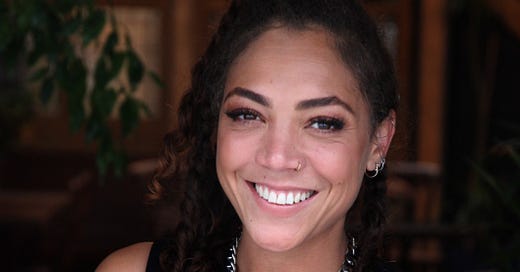Miquita Oliver: “I was so scared about how Black I was that I forgot I was white”
The presenter on her ancestry, finding joy in pain and the history of ‘half-caste’
Hi, welcome back to Mixed Messages! This week I’m so excited to be speaking to presenter Miquita Oliver, who I grew up watching on T4. Since then, Miquita has been a regular presence on TV screens, appearing on Celebrity Gogglebox with her mum, Andi Oliver. The duo also teamed up for The Caribbean with Andi and Miquita, a moving two-part series that see…




